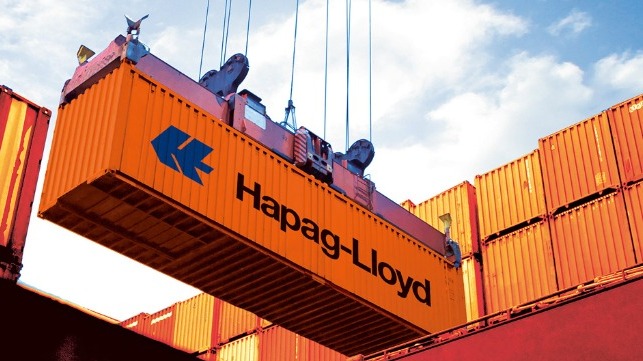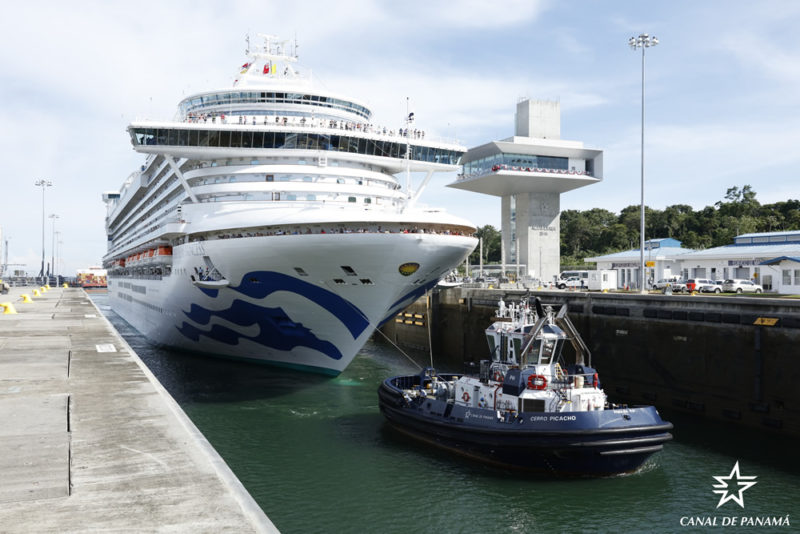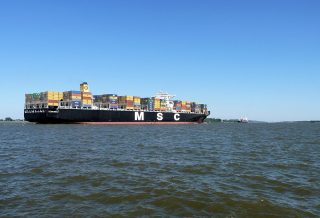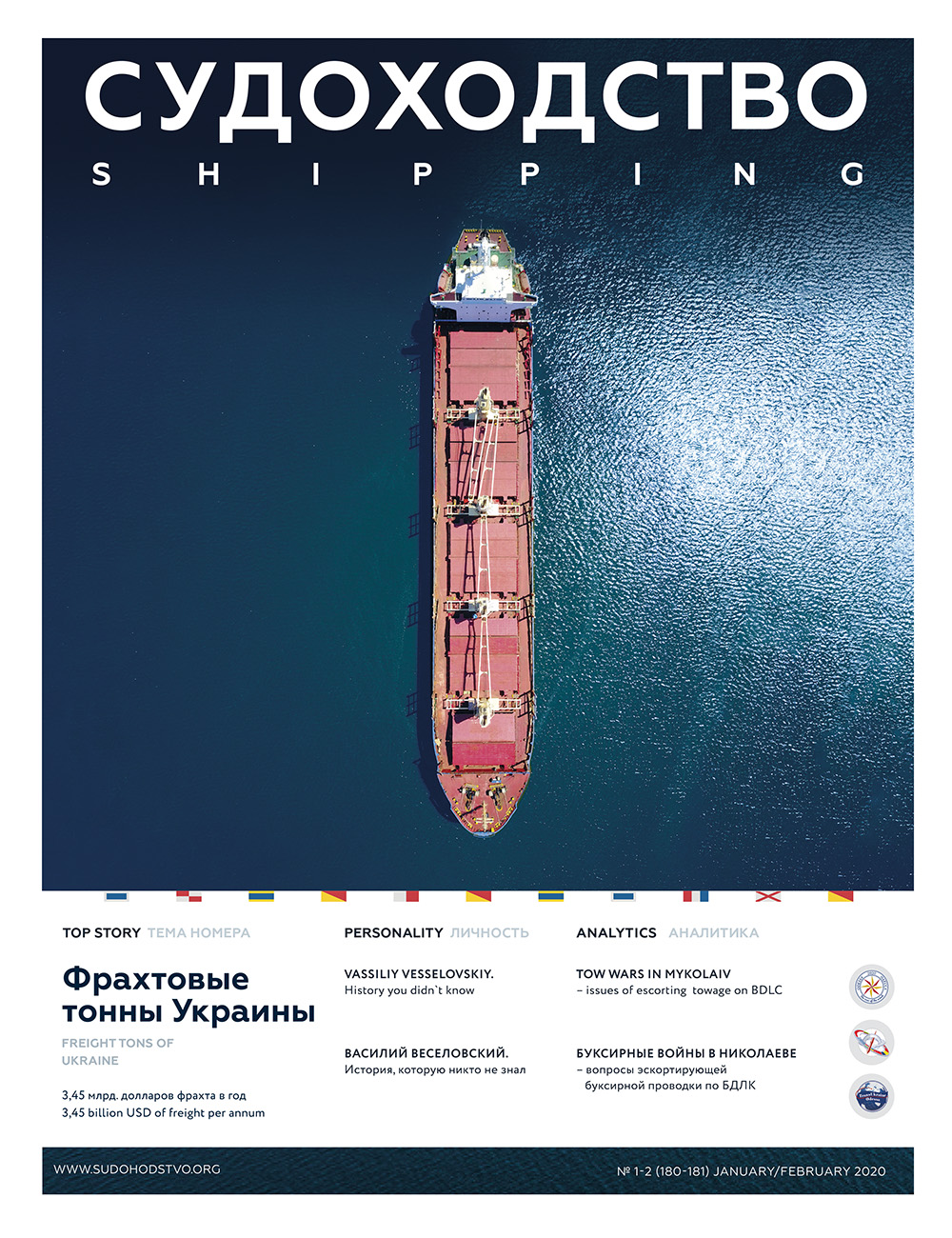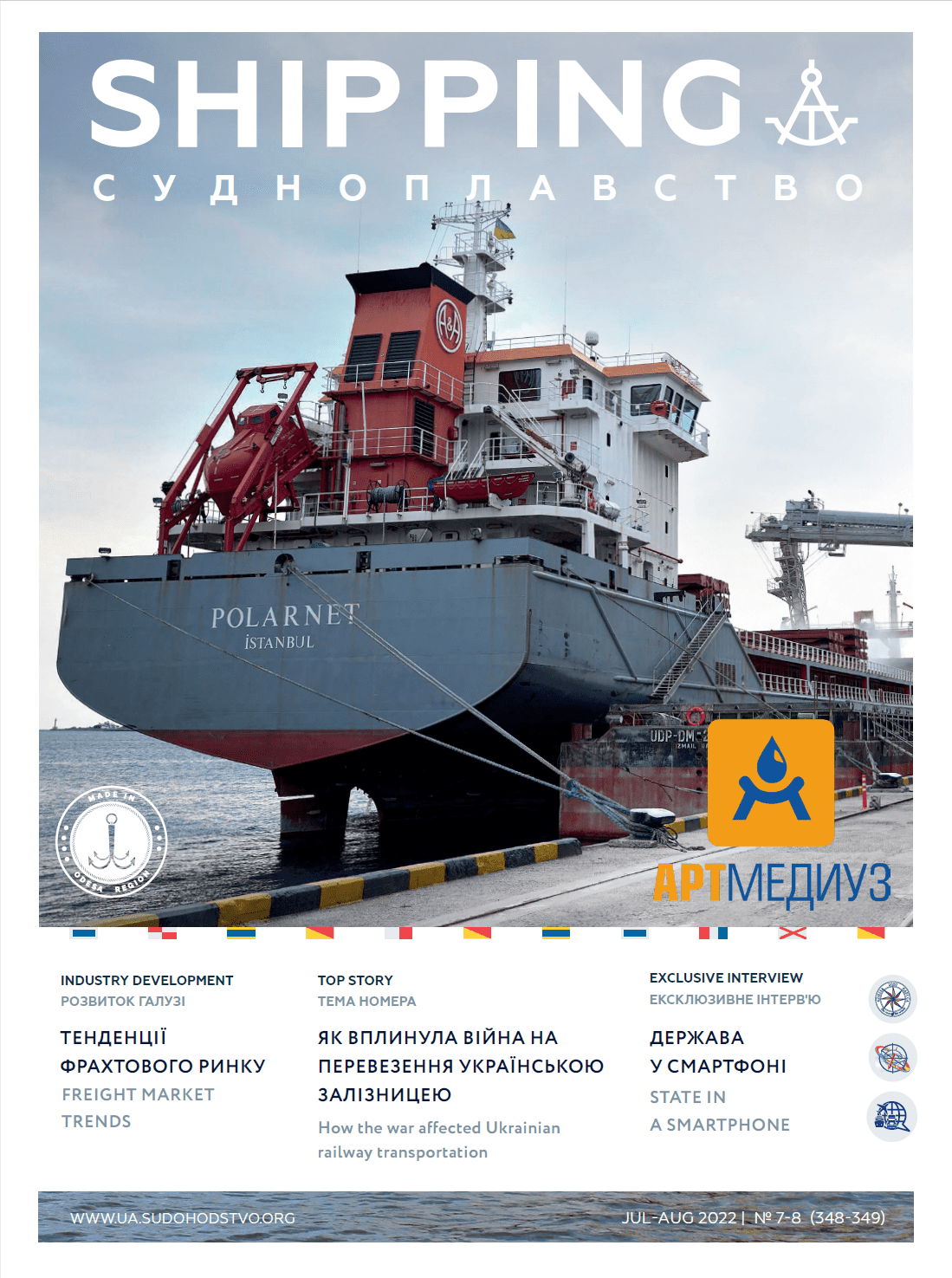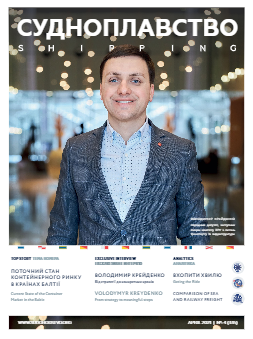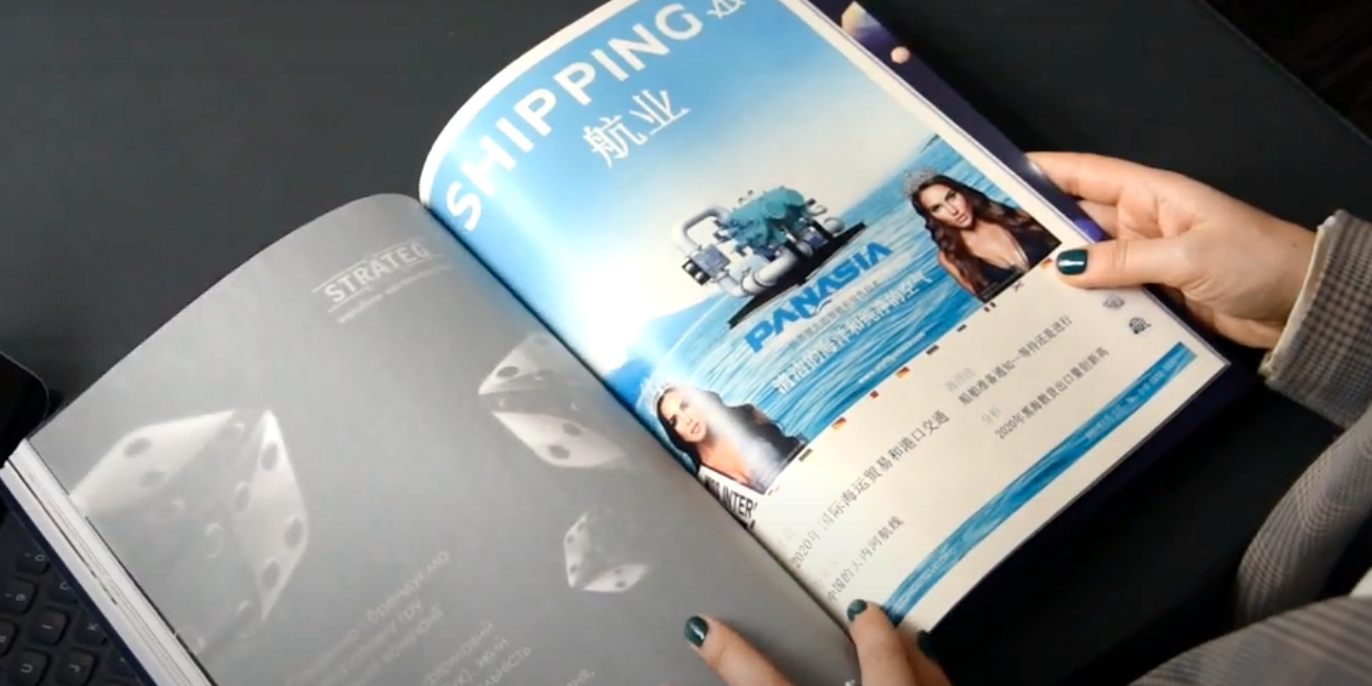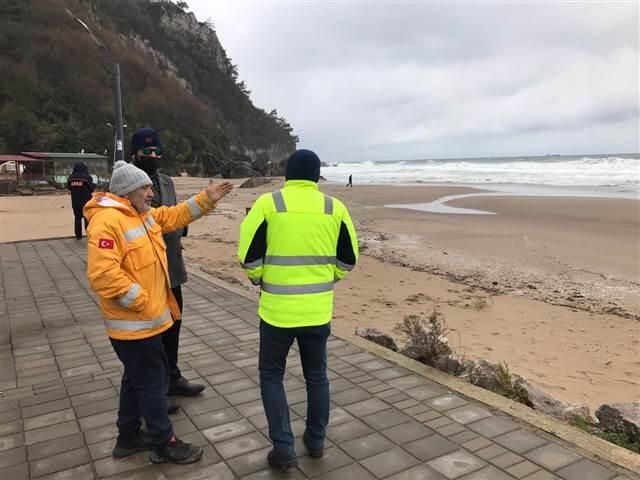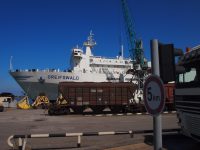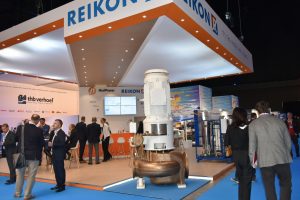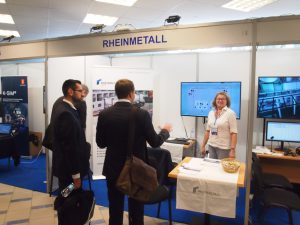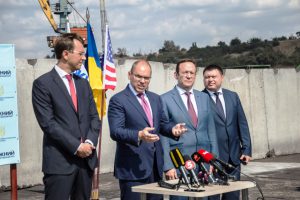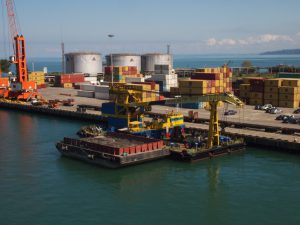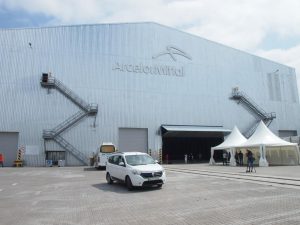
Candidate of Economic Sciences,
Associate Professor, Odesa National Maritime University
The Shipping Magazine interviewed Olena Korobkova, Candidate of Economic Sciences, Associate Professor of the Department of Port Operation and Cargo Operations Technology at the Odessa National Maritime University, author of over 30 scientific publications, reviewer of professional and international journals, founder of the training center for customs brokers in Ukraine, expert on customs legislation reform, member of the Association of Customs Brokers in Ukraine. Member of the Association of Customs Brokers in the USA.
In the conversation, we discussed key aspects of the reform of customs brokerage activities in Ukraine: the transition from the permit system to authorization, a new model of customs representation, business opportunities, prospects for the profession and the importance of a scientific and expert approach in the development of legislative changes. Ms. Olena also shared her personal contribution to the reform and vision of the future development of the industry in the context of European integration.
What key changes are taking place in the regulation of customs brokerage activities in Ukraine today?
The main innovation is that the permit to conduct customs brokerage activities has been replaced by authorization. This means that a customs broker can now act as a customs representative — this is the term used in the new edition of the Customs Code of Ukraine. Authorization is granted to those enterprises that meet the criteria established in clause 1, part 3, article 12 and clauses 2 and 4, article 14 of the Customs Code of Ukraine and actually confirm their reliability and professionalism. In other words, the state is moving from simple registration of customs brokers to the model of “trusted” customs intermediaries, as is customary in the European Union. This fundamentally changes the approaches to work: the roles of customs clearance participants are redistributed, the concept of direct and indirect customs representation is introduced (when the broker can act on behalf of the client or on his own behalf).
What opportunities does the institution of a customs representative open up for business?
First of all, it is flexibility in choosing a work model. Businesses can now delegate customs formalities to authorized persons with clearly defined responsibilities. Direct representation allows you to act on behalf of the client without transferring responsibilities, while indirect representation provides that the customs broker acts as a declarant and is jointly and severally liable for the payment of customs payments together with the subject of foreign economic activity. The concept of authorization significantly facilitates the participation of an enterprise in foreign economic activity, reduces the risks of inspections, opens access to customs simplifications and is the basis for further obtaining the AEO status. At the same time, authorization is the only legal basis for declaring in the status of an indirect customs representative, which is of particular importance for international business and e-commerce.
Tell us about your personal contribution to the reform of the customs brokerage system. What ideas of yours were taken into account?
To be honest, the reform of customs brokerage is the result of the work of a large team of people, and I was one of those who advocated for the need for change. My contribution is rather expert and scientific. In recent years, I have published articles in which I analyzed the shortcomings of the old approach to regulating customs brokers and proposed ways to harmonize with European legislation. For example, in my scientific publications, I proposed a model for regulating customs brokerage based on the principles that are now being implemented in customs legislation, as well as the formalization of the institution of a customs representative. These ideas have now been put into practice through legislative initiatives. This is a vivid example of the transfer of scientific knowledge into public policy. A few years ago, in one of my works, I emphasized that the requirement of mandatory work experience for a broker is an unnecessary obstacle and that the EU focuses on meeting the criteria, not on experience. I was glad to see that this idea was reflected in the reform — now young specialists will be able to realize themselves more easily.
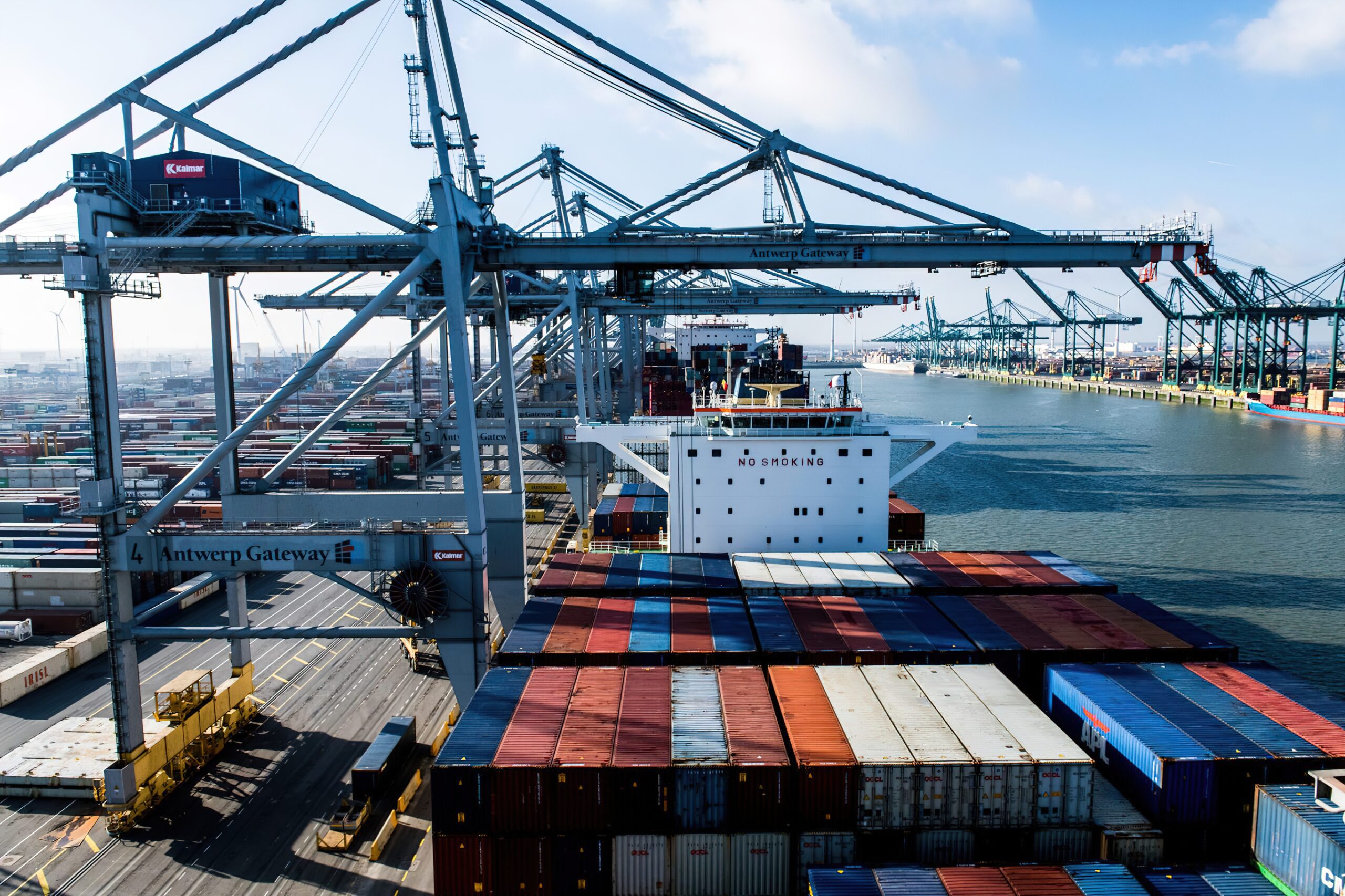
How do you assess the role of science and expert support in the development of customs regulation?
I would call the role of science and experts decisive, although it may not always be visible. Any large-scale reform — and customs is no exception — requires an analytical basis. Our task as scientists and practitioners is to study experience, analyze problems, and propose optimal solutions. Let’s take this reform: the implementation of the norms of the EU Customs Code in our space was based on scientific research, consultations, and expert discussions. Representatives of the State Customs Service of Ukraine, MFU, customs experts, and the business community were involved. I personally participated in several events where future changes to the Customs Code of Ukraine were discussed. In particular, the expert community insisted that the licensing system for customs brokers is outdated and hinders the development of the customs services market — as a result, we have its replacement with authorization.
I am convinced that without science, no reform will be sustainable. If the changes are unfounded, not analyzed, they may not work or create new problems. The scientific approach makes it possible to see the system as a whole: both the economic effect, and the social, and the organizational. It is good that in the customs sphere in Ukraine a culture of reliance on experts is gradually being formed. I would like this to only intensify. For my part, as a scientist, I am always ready to participate in the development of solutions, to provide an objective analysis.
And finally, what do you see as the prospects for customs brokerage in Ukraine?
Ukraine has a chance to become part of the EU customs space on equal terms, which requires compliance with high standards. Authorized customs representatives will play a key role, since in developed countries 98% of customs declarations are submitted for customs clearance by customs intermediaries.
As for the vision of the future, I see it with optimism. The reform is only gaining momentum. The legislation provides for a transitional one-year period for the authorization of enterprises — customs brokers. The concept of authorization has been adopted in the EU and we must adhere to the EU approach, which is that an indirect customs representative is intended to carry out customs clearance and pay customs payments for the client. During this period, it is important to successfully implement all innovations regarding the coordination of customs and tax legislation: so that the authorization system works transparently, so that non-residents can entrust customs clearance to customs brokers. If this is successful, everyone will win: both the state (will have an accountable brokerage services sector) and business (will receive better service and trust).

